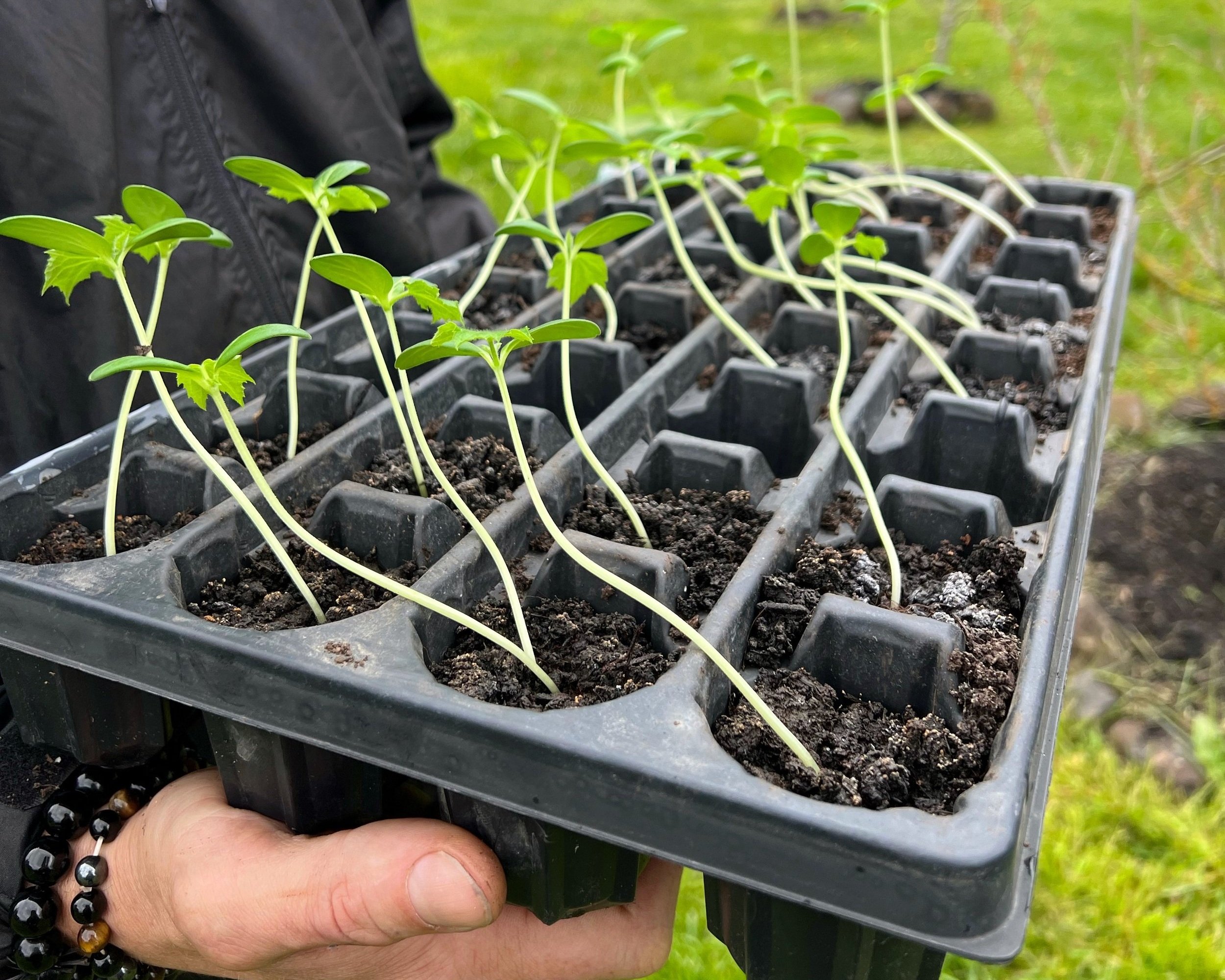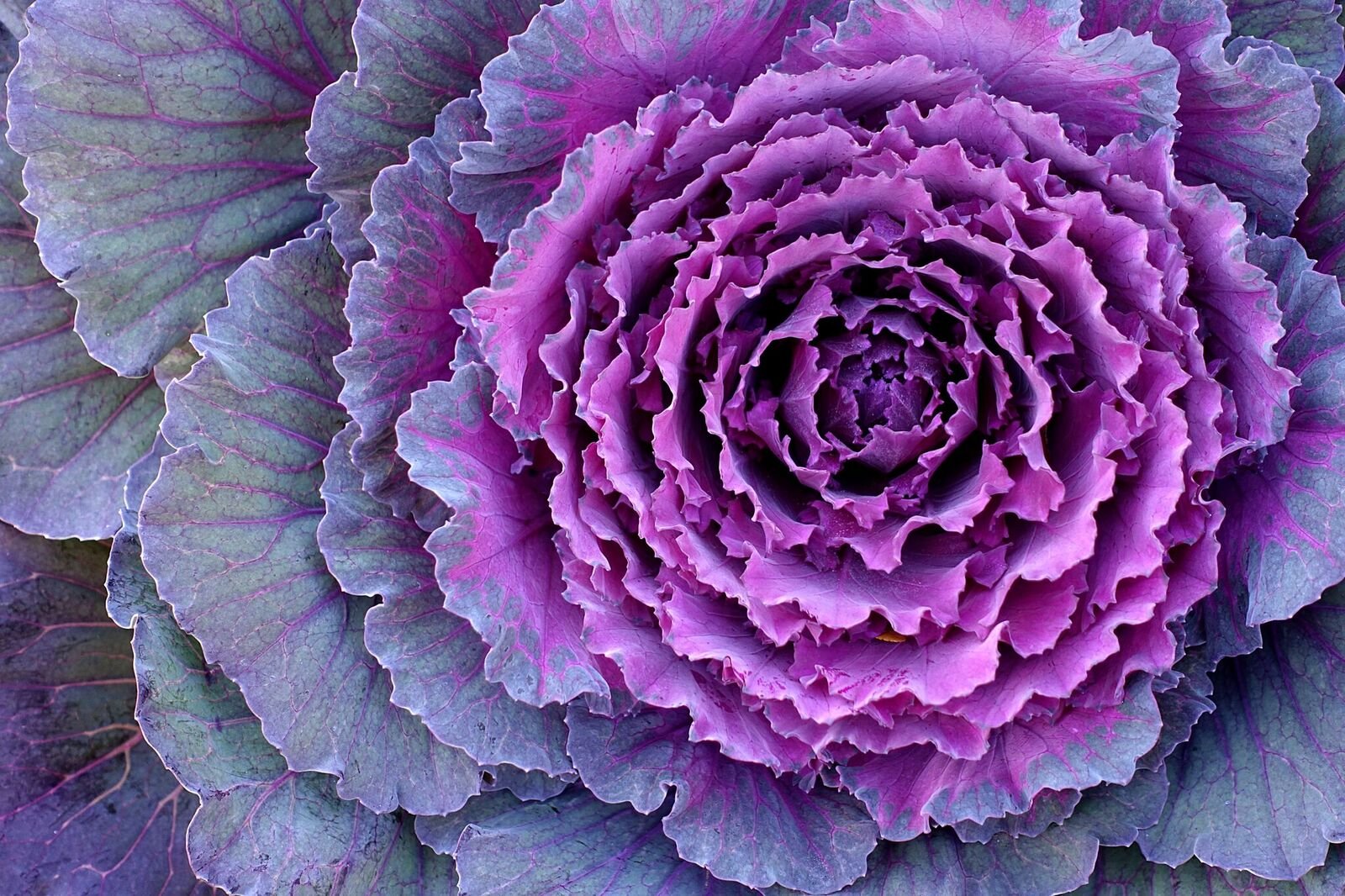Portland Worm Farm Blog
Keep up to date on the latest in dirt, worm, & soil amendments for your home or business needs
Choosing between determinate and indeterminate tomatoes can make all the difference in your garden’s success. Determinate varieties are compact, low-maintenance, and perfect for small spaces or bulk harvesting, while indeterminate types offer continuous fruit all season long with a bit more care. Whether you're canning sauces or enjoying fresh tomatoes daily, mixing both types ensures a flavorful, abundant harvest tailored to your growing space.
Looking to supercharge your raised garden bed naturally? Turn that old tree stump into nutrient-rich soil with hügelkultur, a centuries-old gardening method that transforms wood and yard waste into a thriving, moisture-retaining ecosystem. It’s an easy, eco-friendly way to recycle natural materials, boost soil health, and grow lush, productive plants—all while reducing garden waste.
Discover the best raised bed garden layout for your space and goals! Whether you have a small yard or a spacious garden, find the perfect setup—rows, twin beds, courtyard designs, and more. Learn how to choose the right location, optimize sunlight, and improve soil quality for a thriving garden!
Discover the worst times to water indoor and outdoor plants and the science behind it. Avoid midday watering to prevent evaporation and leaf scorch, and steer clear of winter watering to protect roots from freezing. Learn why nighttime watering harms indoor plants and how seasonal changes impact hydration needs. Get expert-backed strategies for proper watering, including morning irrigation, deep watering techniques, and soil moisture assessment.
Prune your trees in March to ensure a healthy, thriving garden this spring. This essential guide highlights key trees to prune, including crabapple, dogwood, fig, hawthorn, holly, mountain ash, and oak, with expert tips on removing dead or diseased branches, trimming overcrowded limbs, and shaping for better growth.
Enhancing your garden's productivity hinges on fostering soil health and biodiversity. Integrate a variety of vegetable families, utilize cover crops, rotate your plantings, and prioritize organic compost and fertilizers to create a sustainable and thriving garden ecosystem.
All it takes is one sweet home-grown strawberry to understand - the fresher the produce, the better the flavor! Home-grown strawberries can taste much sweeter than those you buy in the store, learn how to grown strawberries with our recent blog post.
When choosing companion plants for your prized summer star, the mighty tomato, careful consideration can ensure a bountiful harvest. Some plants compete with tomatoes for soil nutrients, learn more in our recent tomato deep dive!
Worm castings are the excrement or waste product of the worm. The technical term for worm castings is vermicompost, where “vermi” means worm, and “compost” refers to the decomposition of the organic matter the worms eat. The organic matter (such as yard waste and kitchen scraps) that the worms like to chow down on is made up of the macronutrients and micronutrients that plants need in order to grow…
You may already be aware that, here at The Worm Farm Portland, we dig worms. We think that every gardener should work with worm castings, and we support you making your own right at home. Truth is, the worms do much of the heavy lifting; all you need is a few initial supplies and a little free time to feed them and collect the garden gold they provide in return. This project is a great way for children to get involved with the home garden, as it provides hands-on education in biology, ecology, and sustainability. It’s easy to get your vermicomposting going, just follow our handy guide…
Basil is a popular annual herb that can liven up your meal with its invigorating taste and warm spice scent. Ready to harvest starting just a month after sowing, you will want to give your basil plants the care they deserve if you want to maximize your yields. Basil can easily become the target of pests when stressed, so it is important to provide rich soil, adequate water, and full sun. Beyond these conditions, you can provide an extra measure of protection by giving your plants a companion…
If you have ever planted flowers or had an annual herb bolt on you (looking at you cilantro!), then you may already be familiar with the pollinators in your region. Whether you are working with a big yard or a just few containers on your patio, you can take your butterfly sightings from sparse to spectacular with a little effort and by following our helpful tips. Soon your garden will be a welcoming paradise for our beneficial insect friends.
One key point to remember when choosing what you will plant in your pollinator garden is to aim for biodiversity…


















Bell peppers are colorful, flavorful, and surprisingly easy to grow with the right timing, warmth, and care. Start seeds indoors, transplant after warm nights arrive, and keep plants well-fed and supported for a vibrant, productive harvest all season long. With a little patience and the right soil, you’ll enjoy crisp, garden-fresh peppers in a rainbow of colors.